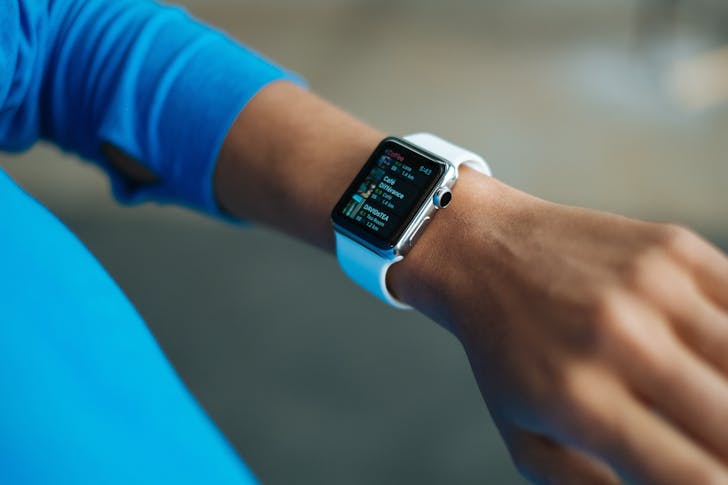Fitness trackers are everywhere. From smartwatches that monitor your every move to sleek rings that keep tabs on your sleep, these devices promise to revolutionize the way you approach health and fitness.
But do you actually need one? Let’s explore what fitness trackers can do, their benefits, and their potential drawbacks:
What Are Fitness Trackers?
Fitness trackers are wearable devices designed to monitor your physical activity and health metrics. They come in many forms, from basic pedometers that count steps to advanced smartwatches that track heart rate, sleep patterns, and even stress levels.
Some models, like Whoop and Oura, go a step further by requiring subscriptions to unlock advanced analytics.

Pixabay / Pexels / Fitness trackers are wearable devices ha help monitor your health metrics and monitor your physical activities.
However, the price range varies depending on their features. Budget-friendly options cover basic metrics, while high-end models provide a deep dive into your fitness journey. Whether you are a casual walker or an elite athlete, there is a fitness tracker for every need.
Are There Any Psychological Perks of Using Fitness Trackers?
Fitness trackers do more than count steps. They keep you accountable. By wearing one, you are reminded to move, drink water, or take that walk you have been putting off. It is more like having a tiny coach on your wrist, encouraging you to make healthier choices.
Studies show that tracking progress toward goals, be it walking 10,000 steps or burning a certain number of calories, can significantly boost motivation. Seeing your daily activity stats gives you a sense of accomplishment and can push you to keep going, even on tough days.
How Good Are They as Performance Tools?
For those serious about fitness, trackers offer valuable insights into your workouts. They can measure metrics like heart rate variability, VO2 max, and recovery time, giving you a clear picture of how your body responds to exercise. This data can help fine-tune your training plan to maximize results.
However, fitness trackers are not just for gym rats. If you are new to fitness, they provide a starting point for understanding your activity levels. Watching your stats improve over time can be deeply satisfying and keep you on track toward a healthier lifestyle.
Are There Any Drawbacks?
Despite their benefits, fitness trackers are not perfect. They are not medical devices. So, their data is not always spot-on. Step counts are generally reliable, but metrics like calorie burn and sleep quality can vary significantly between devices. These inaccuracies might lead to frustration if you are relying on them for precise results.

Kampus / Pexels / Modern fitness trackers offer so much data that it can be overwhelming.
Without a clear goal or plan, you might find yourself obsessing over numbers that don’t actually matter to your specific needs. Balance is key when using these devices.
Are These Trackers Worth It?
The value of a fitness tracker depends on your goals. If you are looking for accountability, motivation, or insights into your fitness journey, they are worth considering. For tech enthusiasts, the advanced metrics and sleek designs add a layer of excitement to staying active.
On the flip side, if you are easily distracted by data or prefer a more intuitive approach to fitness, you might find a fitness tracker unnecessary. Remember, fitness is all about how you feel and the progress you see in your daily life.
How to Make the Most of Your Fitness Tracker?
If you decide to invest in a fitness tracker, use it strategically. Start by identifying your primary goal - be it weight loss, improved sleep, or increased activity. Focus on the metrics that align with your objectives, and don’t stress about the rest.
Pair your tracker with a solid plan. For instance, if your goal is to run a 5K, use your device to monitor distance and pace, but also follow a training schedule. A tracker works best as a tool in your fitness toolbox, not the entire kit.




